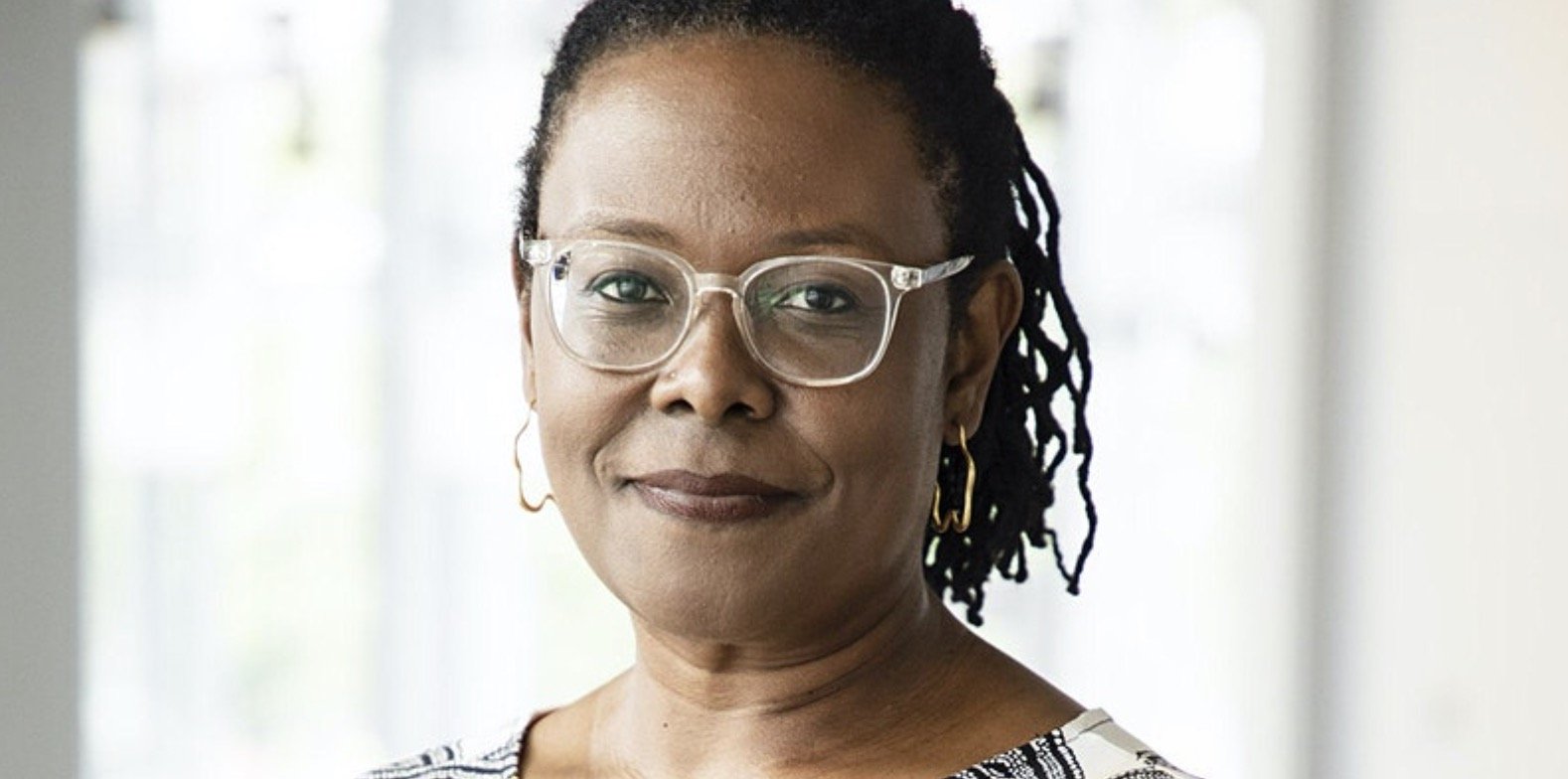Do the Dead Care About Releases?: death, hagiography, and access in Columbia's Oral History Archive Workshop by Dr. Kimberly Springer
About this event
How does transparency around personal ethical positioning, non/religious or spiritual non/beliefs, and ethical obligations of the field translate to whether legacy oral histories should be opened, remain closed (kicking the can down the road) or deaccessioned (destroyed)?
Many archives face the problem of older donated collections or acquisitions lacking signed releases. Some interviews and collections are stuck in restrictive agreements that model an outdated way of thinking about providing access to “patrons,” researchers or even the public.
This talk is an effort to illuminate some of the decision-making behind the Oral History Archives at Columbia’s (OHAC) rights management schema. Coming into the end of a four-year, $2 million dollar grant to reformat from analog to digital all of the analog materials in our possession (but not necessarily in our collections), OHAC’s Curator and Archivist were tasked with creating a rights management workflow. The result is a set of policies and a decision-tree that attempts to balance researcher access, fiscal and time constraints, and ethical concerns for respecting narrators’ rights and words. We’ll explore traditional ideas of legacy as they encounter real-world constraints of time, space, money, and the desire to “make room” in our collections for previously marginalized and un-listened to voices.
Dr. Kimberly Springer is Curator for Oral History for the Columbia Center for Oral History Archives at Columbia University’s Rare Book & Manuscript Library and Co-Director of the Columbia Privacy Lab (c/privacy lab). For 2021-2022 she is Visiting Associate Professor of American Studies. She holds a master’s of information science, specializing in archives, preservation and social computing from the University of Michigan - Ann Arbor. She obtained her doctorate from the Women’s Studies Program at Emory University in Atlanta.
Her research, praxis, and publication areas are archives, privacy, cultural studies, and social movements. Dr. Springer’s publications include Living for the Revolution, Black Feminist Organizations, 1968-1980 (Duke University Press, 2005), Still Lifting, Still Climbing: African-American Women’s Contemporary Activism (New York University Press, 1999), Stories of Oprah: the Oprahfication of American Culture (University of Mississippi Press, 2010) and articles in several journals and edited volumes. She has worked in public media and the government sector for National Public Radio, Michigan Radio, the Smithsonian Institution Archives and the U.S. State Department.
Dr. Springer serves as an interviewer and archival consultant on the Obama Presidency Oral History Project, as well as on the boards of the Times' Up Measure Up research initiative and the Lakers Oral History Project.
Image Description: A headshot of Kimberly Springer by Julie B. Thomson, Columbia Magazine.
These events are open to all. You can use this quick survey to let us know how we could make these events more accessible for you. Note that we are able to provide ASL interpretation for any event, but need two weeks' notice. Please contact Rebecca McGilveray at rlm2203@columbia.edu with specific access requests or questions.

